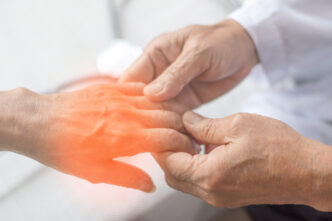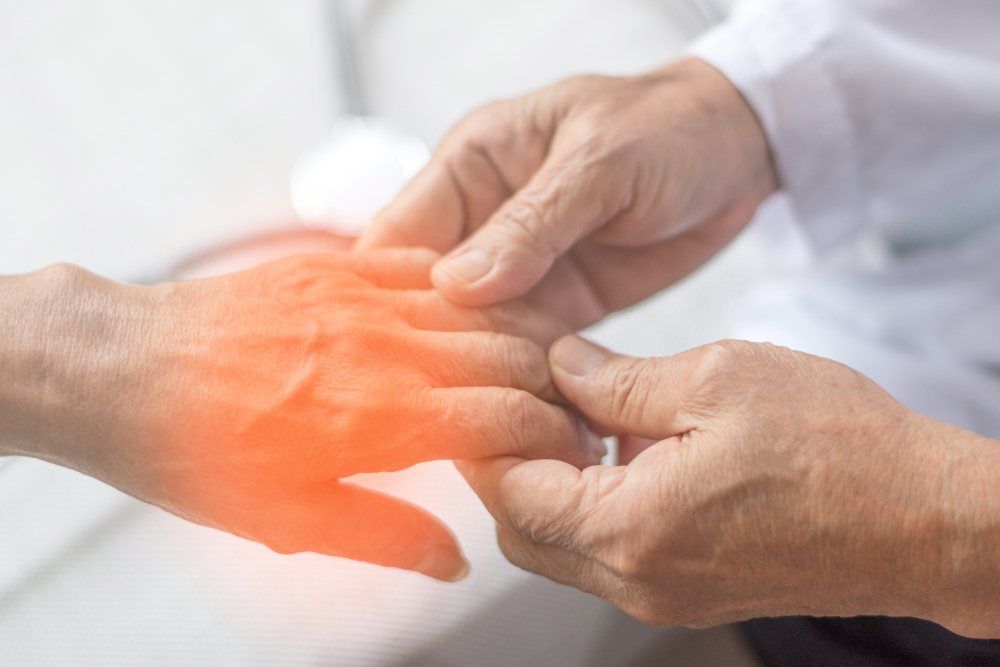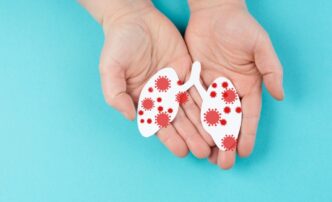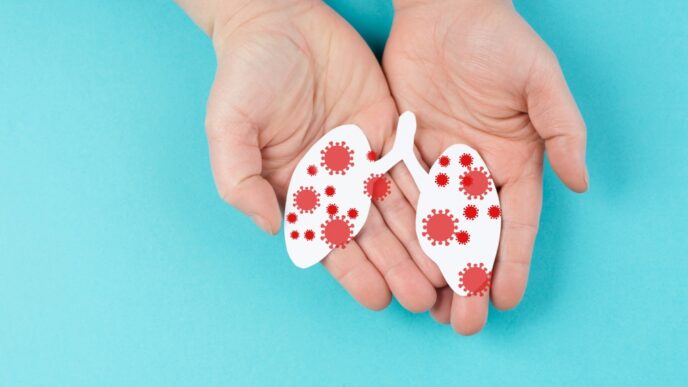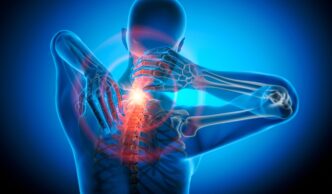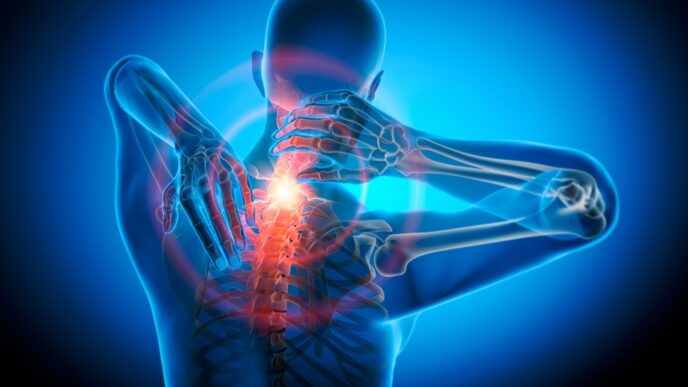What happens when our sense of touch misfires? What happens when your fingertips feel the pricking of invisible needles, or can’t feel the heat from an open flame? Consultant physician and neurologist Dr Hiew Fu Liong on the stealthy onset of peripheral neuropathy and why it often goes unnoticed, especially among diabetics and the elderly.
WORDS LIM TECK CHOON
 FEATURED EXPERT FEATURED EXPERTDR HIEW FU LIONG Consultant Neurologist Sunway Medical Centre |
Peripheral neuropathy is a condition where our nerve cells are damaged in a way that interrupts or changes the messages being sent between our central nervous system (CNS, which is made up of our brain and spinal cord) and the rest of our body.
- Whenever we interact with the world around us through sight, sound, touch, smell, or taste, electrical signals are sparked and sent through a network of nerves to the CNS.
- The CNS which helps read those signals and send new ones back.
Our nerve network goes all the way to the outermost (peripheral) parts of our body.
- The nerve network at the peripheral parts of the body is known as the peripheral nervous system (PNS).
HOW NERVE DAMAGE AFFECTS US
Dr Hiew Fu Liong explains that:
- Just like power cables, our nerves are long and thin cells with layers of protective insulation (myelin sheath) wrapped around a delicate electrical conductor (axon).
- If both the myelin sheath and the axon are intact, signals can travel between the CNS and the PNS as normal.
- However, if either the sheath or axon are damaged, these signals may be incomplete, changed, or even fail to reach the CNS.
This disrupted signalling can cause us to feel sensations that have no physical cause.
Alternately, it can also cause us to feel no sensations even when we should have.
It can also cause problems with movement if the parts of the PNS leading into our muscles fail to receive the appropriate signals from the CNS to tell these muscles to move.
SIGNS AND SYMPTOMS
Symptoms can develop gradually and vary from person to person.
The most commonly affected areas are the hands and feet, but other areas of the body can also be affected.
Early Stage
- Tingling, burning, shooting, stabbing, and/or “electric shock”-like sensations
- Numbness
- Extreme sensitivity to touch
- Tachycardia (accelerated heartbeat even when resting)
- Muscle weakness
- Dizziness
- Sweating
- Acute discomfort in the extremities (hands, feet)
Advanced Stage
- Severe numbness that causes one to fail to notice injuries on their limbs, especially their feet.
- Others may experience hypersensitivity to a degree where they experience pain even when feeling a slight breeze over the affected area.
Symptoms Often Go Unrecognized
Dr Hiew shares that symptoms can go unrecognized or uninvestigated for years because the early signs of peripheral neuropathy are usually dismissed as a natural part of ageing or other conditions.
Also, at its early stages, up to 50% of people with diabetes and peripheral neuropathy may not experience symptoms.
WHAT CAUSES PERIPHERAL NEUROPATHY?
Dr Hiew reveals that more than 20% of people with peripheral neuropathy develop the condition for no apparent reason.
Possible causes include:
- Complications from another disease. Globally, diabetes is the most common cause of peripheral neuropathy; it’s responsible for an estimated 35% of all cases. Cancer, infections and inflammatory diseases are also known causes.
- Ageing, with an estimated 8.1% of people aged 40 to 49 years, and 34.7% of those aged above 80 years affected.
- Exposure to environmental toxins, such as cigarette smoke and excessive alcohol.
- Nutritional deficiency. A lack of essential nutrients, especially vitamins B1, B6 and B12, is known to impair nerve recovery.
- Genetic conditions, such as mutations inherited from one’s parents or a spontaneous mutation occurring during one’s lifetime.
- Side effects from certain medications, which may directly or indirectly affect the nerves.
- Repetitive or prolonged nerve pressure from activities such as typing, cooking, or prolonged sitting. Carpal tunnel syndrome is a form of peripheral neuropathy.
- Physical injury such as trauma from motor accidents, falls, or sports.
As a result, groups of people at higher risk of developing peripheral neuropathy include:
- The elderly (over 60 years)
- Those with diabetes
- Smokers
- Heavy drinkers
- Vegetarians and other people on exclusionary diets
- People with malnourishment
- Patients with kidney disease
- People with impaired gastrointestinal functions due to disease, medication, or recent surgeries
WHAT CAN BE DONE ABOUT PERIPHERAL NEUROPATHY?
“Early diagnosis is crucial,” Dr Hiew says.
- If treatment starts early enough, many cases of peripheral neuropathy can be prevented, reversed or at least controlled before nerve damage reaches a point of no return.
Diagnosis
- A doctor can examine a patient by testing what sensations they feel from gentle pressure exerted by small tools, such as tuning forks, cotton, pin, and/or a biothesiometer.
- Physicians may use validated questionnaires (eg, DN4 or painDETECT), which provide a set of questions that can be scored to see if a patient might need follow- up with a specialist.
- The specialist can also conduct a nerve conduction study to directly check for signs of nerve damage.
Treatment
Treatment focuses on regenerating new nerves, addressing the reasons behind the ongoing nerve damage, as well as improving symptoms.
- B vitamins at medical-grade doses (higher than those in food supplements) may help damaged nerves regenerate, particularly in patients with nutritional deficiencies due to age, lifestyle, and/or certain medications.
- Some patients may need antidepressants or anticonvulsants to control the pain.
- Physiotherapy and rehabilitation can help restore muscle and nerve function.
- Adjustments to existing medications and lifestyle behaviours may also be required, but only after the risks and benefits have been assessed by a doctor.
There is evidence that acupuncture can help relieve symptoms, but look out for a certified acupuncturist, as needles can cause further nerve damage or infection, if not properly handled.
Home Care
Dr Hiew recommends the following:
- Always check hands and feet for any injuries or ulcers, especially if one has diabetes.
- Keep warm as symptoms usually worsen at night or with cooler temperatures. For exmaple, wear gloves to sleep or reduce air-conditioning use.
- Gloves and long sleeves also help protect the skin for those who are touch sensitive.
- Keep affected parts of the body out of the direct path of air-conditioning.
- Certain ointments such as capsaicin gels can provide pain relief when rubbed into affected areas.
| This article is part of our series on issues that affect our nerves and other components of our nervous system such as our brain and spinal cord. |

